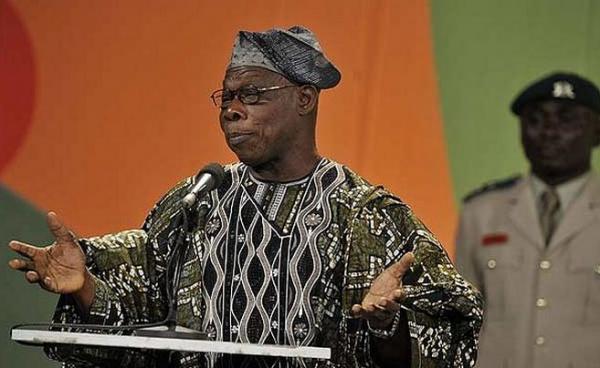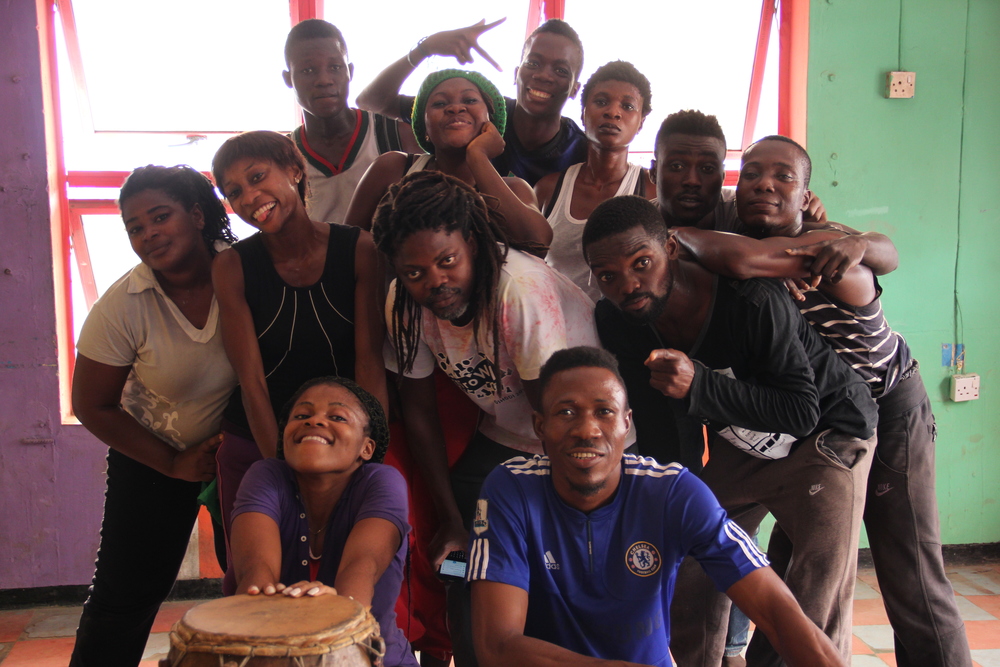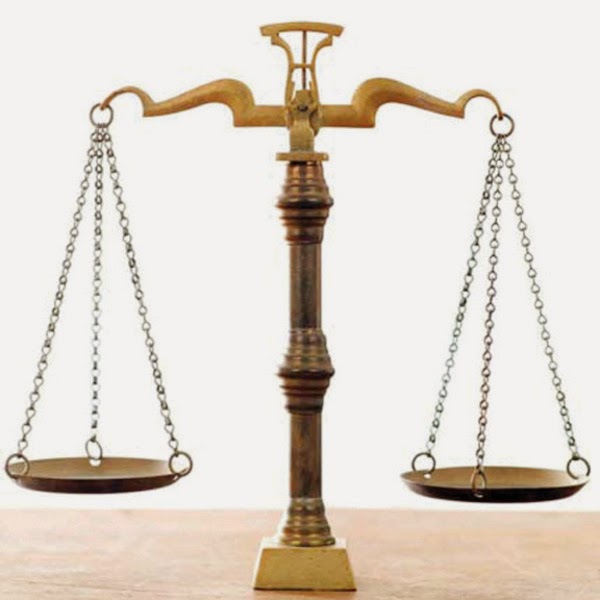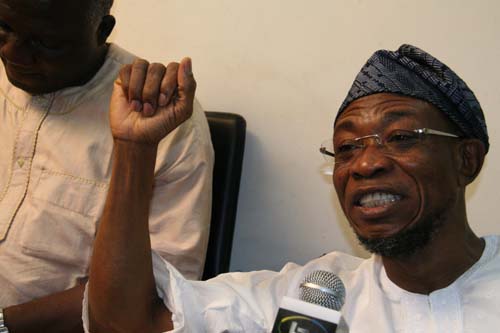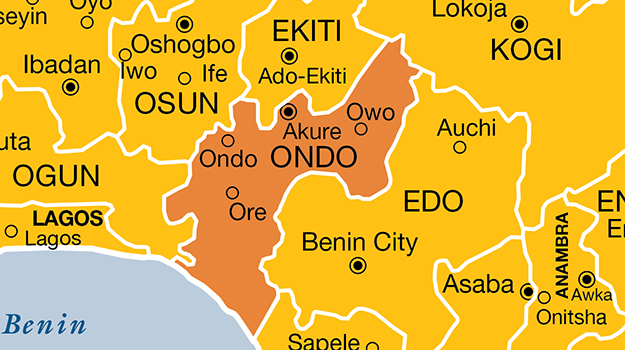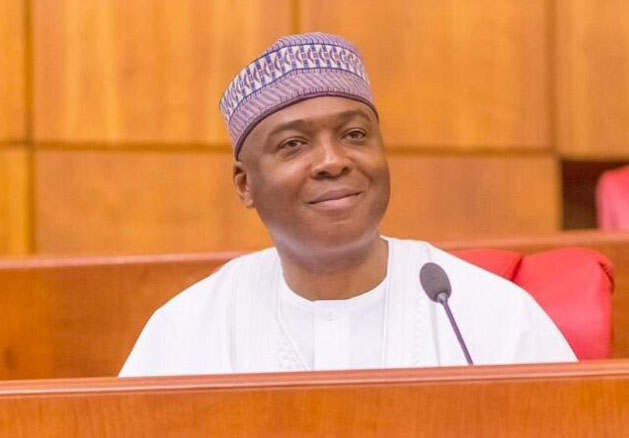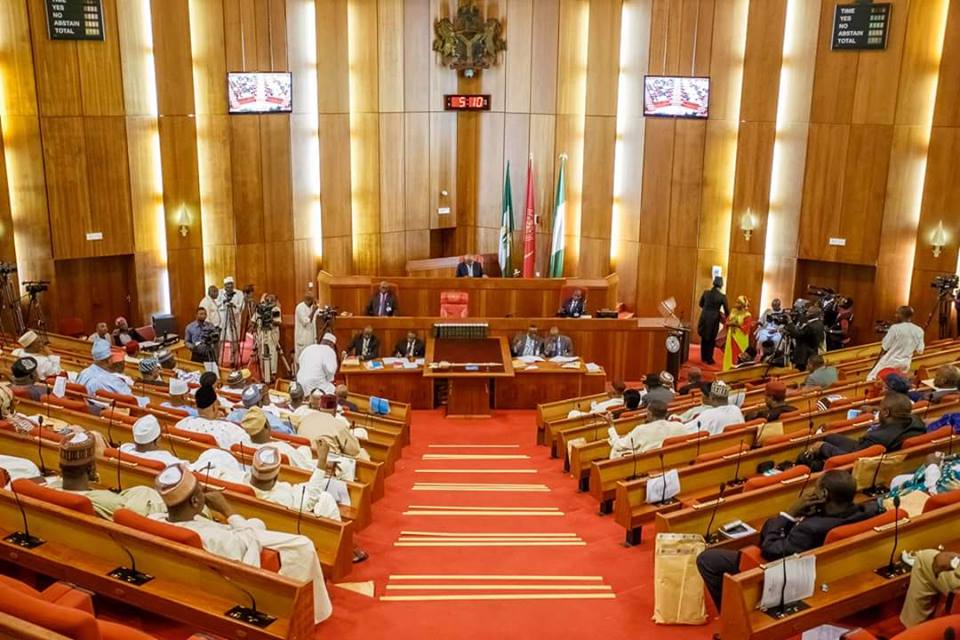BY JOHN SUNDAY OJO
Whoever fights monsters should see to it that in the process he does not become a monster. And if you gaze long enough into an abyss, the abyss will gaze back into you. ― Friedrich Nietzsche
From Nigeria’s political nuptials, the ubiquitous ecology of corruption in institutional boulevard has been a cogged wheel that backpedaled developmental liberation, whereupon Nigerian government embarked on major reforms that culminated into the creation of Economic and Financial Crime Commission (EFCC) to eliminate the scars of corruption in Nigeria’s political map during Olusegun Obasanjo’s reign as President.
However, the Nigeria’s anti-corruption institution has received a lot of criticism in the world over. The agency has been censured for its selective operation, unfairness, unstable morass of disorder, lack of transparency, poor legislation, judicial ineptitude and for being a readily-available political dissecting knife. The agency has capitulated to the whims, caprices, and fancies of political echelons which has also promoted public pillaging and looting. Nigeria’s social construction and political architecture accommodates corruption due to instituted clientelistic and patronic relations embedded in ethnic schism; implying diversion of public funds by the patrons for redistribution. Thus, informal institutional network serves as a riding board for corrupt practices and leading to neo-patrimonial state in Nigeria.
Despite Olusegun Obasanjo’s covenanted reform to curb corruption in Nigeria’s political fabric, various occurrences of corruption lampooned his political leadership. His regime was characterized by corruption; the typology of corruption associated with Obasanjo’s political administration includes extortion, inflation of contracts, application of political incumbency to influence personal projects, illegal acquisition of properties, abuse of office, misappropriation, embezzlement and bribery. Obasanjo utilized anti-corruption agency {EFCC} to witch-hunt and guillotine political enemies, especially those that opposed his third term agenda. All the levels and arms of government were crippled and enmeshed with corrupt practices. Even the 774 local governments in the country were considered as stealing industrial units. Up till this moment, EFCC has eschewed moves to investigate Obasanjo’s multi-billion library while EFCC had also protected some corrupt political elements that belong to the People’s Democratic Party. A typical example is Andy Uba, who served as a close aide to Obasanjo during his regime. He was accused of money laundering in the USA, despite this allegation, EFCC repudiated further prosecution of the former presidential aide. Obasanjo’s regime was also greeted with unfounded privatization of Nigeria’s three refineries and sales of Transcorp. It was revealed that he acquired a share of 200 million naira from Transcorp investment. Moreover, Obasanjo’s financial treaty with the family of the former late dictatorial looter, Sanni Abacha symbolizes the absurdity of anti-corruption project embarked on by the regime. His fellowship with the state looters could be considered as an avenue to preserve the status quo and political trend in looting public funds. He espoused anti-corruption agency for his political opulence. Hence, EFCC was synchronized to legitimatize corruption by the government.
Advertisement
After the failure of Obasanjo’s third term bid, elections were conducted in April 2007. However, the conduct of the elections were marred by irregularities and fraud, including vote buying, under-age voting, intimidation of voters and snatching of ballot boxes; both local and international election observers claimed that the elections were far-fetched from international standard. Despite numerous criticisms, Umaru Musa Yar’Adua was declared the winner of the presidential election. The election was further challenged by the opposition party at the Supreme Court. Subsequently, it election was upheld by the apex Court in the country even when Umaru Musa Yar’Adua publicly avowed that the election that brought him to office was not free and fair. One of the allegations of corruption against late President Umaru Musa Yar’Adua was his commandery with ex-governors who were blacklisted as corrupt. These include James Ibori, the former governor of Delta State; Alamieyeseigha, the prosecuted governor of Bayelsa State. Yar’Adua even appointed Sam Egwu, the former Governor of Ebonyi State as a Minister of Education. The culprits were also nominated for 2009 national awards by the late President Musa Yaradua.
Under Jonathan’s administration, numerous cases of corruption were reported without any deliberate efforts by the EFCC to prosecute the offenders. His regime was christened as most corrupt in the political history of Nigeria. The controversial Malabu oil fraud which aggregated about 155 billion naira can be reckoned with. Also, the missing US$20 billion from the account of Nigerian National Petroleum Company (NNPC) reported by former Governor of Central Bank, Lamido Sanusi can be considered in the historiography of corruption in Nigeria. In a bid to silence the whistleblower, the Governor of the Central Bank was forced to resign by the Jonathan as a punishment for raising alarm over the missing fund. It was the same Goodluck Jonathan that ingloriously said “Stealing is not corruption”. The procurement of two armoured cars and other 27 vehicles that were inflated from N255 million to N643 million by Minister of Aviation, Stella Oduah which generates a lot of criticism also symbolizes various acts of misappropriation under the political leadership of Goodluck Jonathan. In another related accusation, President Goodluck was alleged in an arms deal scandal, US$15 million cash was discovered in a private jet in South Africa. It was claimed that the money was meant for acquisition of arms from South Africa; however, the government of South Africa denied its involvement in any deal with Nigeria’s government. All efforts to investigate the fraudulent activities in the political chamber were frustrated by the political party in power (PDP).
In this context, executive recklessness, bribery scandal, misappropriation of public resources, embezzlement, illegal contracts and lack of transparency and conflictual analysis in government spending shaped political administration of former President Goodluck Jonathan. The corrupt practices in Jonathan’s regime were so unique that the three arms of governments – executive, legislature and judiciary – formed unholy political alliance in looting public resources as well as honouring former looters into the political pitch.
Advertisement
The current regime of President Muhammadu Buhari has now been forced to expose and prosecute the former looters – one of the core priorities of his manifesto. Notwithstanding, the question to be raised at this juncture is: “to what extent would Muhammadu Buhari’s anti-corruption crusade mirror fairness, genuineness and justice? The major challenge I envisage in Buhari’s anti-corruption campaign is that the institution saddled with this responsibility (EFCC) was instituted, managed and coordinated by the former looters. Additionally, the recruitment of the former looters into the political formation of Buhari’s cabinet symptomizes dismal end for Nigeria’s anti-corruption institution. It is against this backdrop that I consider the cacophony of anti-corruption venture in Nigeria’s fourth republic as a feeble illusion by looting the looters.
John Sunday Ojo writes from the School of Politics and International Studies, University of Leeds, UK
Views expressed by contributors are strictly personal and not of TheCable.
Add a comment
